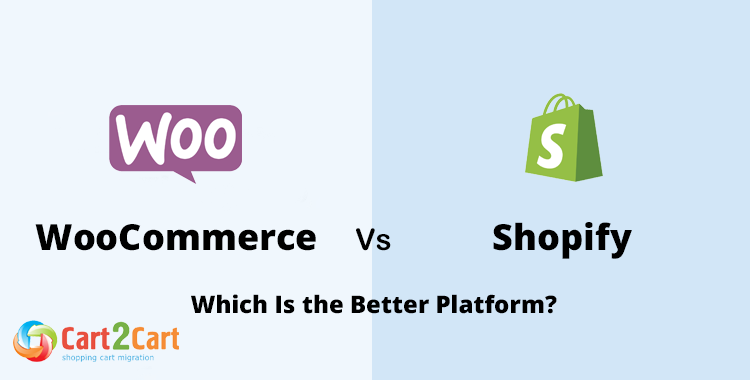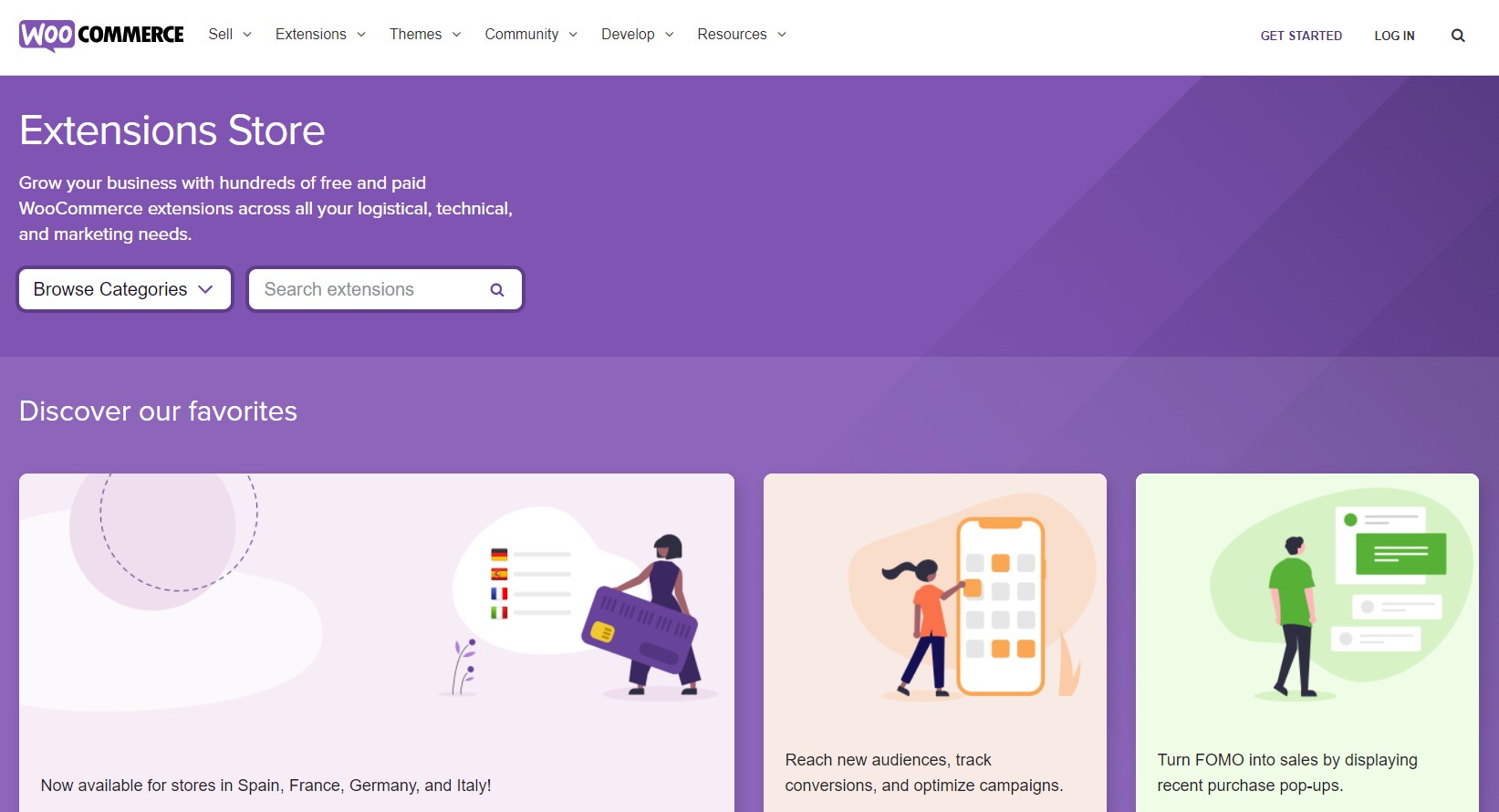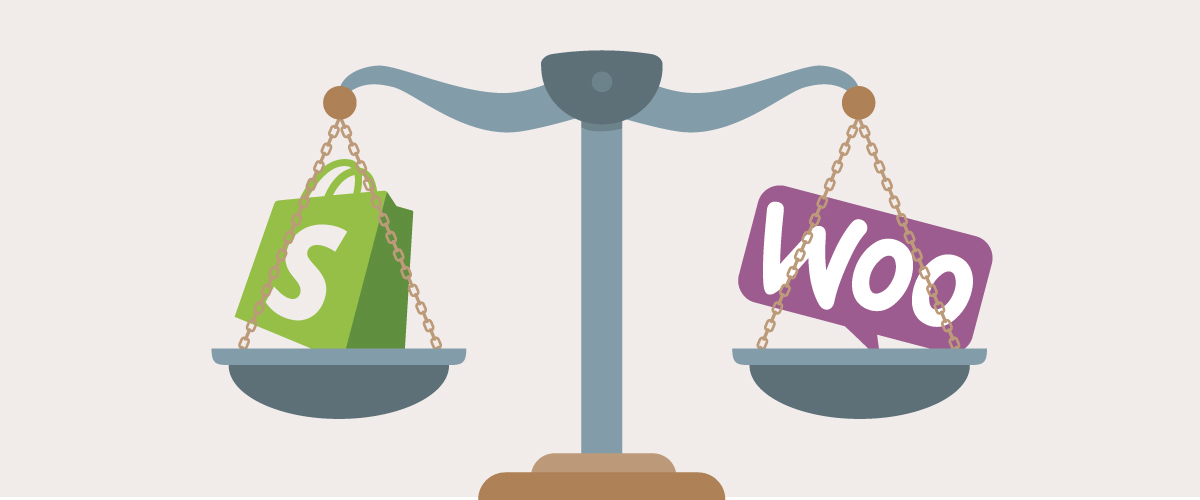What Are Shopify and WooCommerce?
Shopify and WooCommerce are two prominent platforms for building and managing online stores, each offering distinct advantages depending on your business needs. Shopify is a fully hosted solution, providing a hassle-free setup where Shopify manages the technical aspects like hosting and security. It offers a user-friendly interface with customizable templates, making it easy for beginners to create and launch their online stores quickly. Shopify also integrates seamlessly with various payment gateways and offers extensive support, making it ideal for businesses focused on e-commerce without the complexities of backend management, especially when considering migration customization service.
On the other hand, WooCommerce is a plugin for WordPress, offering flexibility and customization for businesses already using or interested in WordPress. It transforms any WordPress site into a powerful e-commerce store, allowing full control over customization and functionality. WooCommerce is open-source, meaning developers can modify its codebase to tailor the store precisely to their needs. It supports a wide range of themes and extensions, enabling businesses to scale and add features as they grow. Additionally, businesses looking to migrate to WooCommerce can explore PrestaShop migration for WooCommerce, which helps seamlessly transition from PrestaShop to WooCommerce, ensuring that existing product catalogs, orders, and customer data are preserved. This makes WooCommerce a versatile choice for businesses seeking a robust e-commerce solution integrated within their WordPress site.
When comparing WooCommerce to Shopify, businesses need to evaluate their priorities: if ease of use and fully managed service are key, Shopify may be the preferred option. However, if customization, flexibility, and a deep integration with WordPress are essential, WooCommerce to Shopify migration may be a consideration in the future as businesses scale and require more control over their store’s functionality.
Shopify vs WooCommerce Comparison Table
|
Feature |
Shopify |
WooCommerce |
|
Platform Type |
Hosted (Cloud-based) |
Self-hosted (WordPress-based) |
|
Installation Complexity |
Simple |
Requires technical expertise |
|
Flexibility |
Limited |
High |
|
Themes and Plugins |
Wide selection, mostly paid |
Large community with many free options |
|
Order Management |
Simple and intuitive |
Configuration may require time |
|
SEO |
Excellent SEO support |
Depends on chosen plugins |
|
Support |
24/7 customer support |
Community and developer-dependent |
Pros and Cons of Shopify vs WooCommerce
Shopify
Pros:
- Ease of Use: Shopify offers a user-friendly, intuitive interface that simplifies the process of setting up and managing an online store, making it ideal for beginners.
- Hosting and Security: Shopify is a fully hosted platform, meaning that hosting, security, and maintenance are managed by Shopify. This ensures high performance and secure transactions.
- Support: Shopify provides 24/7 customer support through various channels, including live chat, email, and phone, ensuring that help is always available.
- Themes and Design: Shopify offers a wide range of professional, mobile-responsive themes that can be easily customized to fit the brand’s identity.
- App Ecosystem: Shopify’s app store has thousands of apps and integrations to enhance store functionality, including marketing, inventory management, and sales tools.
Cons:
- Cost: Shopify offers a straightforward pricing structure with various plans, ranging from competitive monthly rates for basic functionalities to higher tiers for advanced features like international selling and advanced analytics. Additional costs may include transaction fees unless using Shopify Payments.
- Limited Customization: While Shopify offers many customization options, it is still a closed system, meaning users are limited to what Shopify allows. This can be restrictive for highly customized needs, prompting some to consider customized migration.
- Transaction Fees: Unless using Shopify Payments, transaction fees are applied for each sale, which can be a significant expense for high-volume stores.
WooCommerce
Pros:
- Flexibility and Customization: As an open-source platform built on WordPress, WooCommerce offers extensive customization options, allowing for a highly personalized store tailored to specific business needs.
- Cost: WooCommerce itself is free, and there are no transaction fees. Costs are primarily associated with hosting, themes, and plugins, which can be more economical for small to medium-sized businesses.
- Control: Full control over hosting and website management allows for greater flexibility in terms of scalability, performance optimization, and security.
- SEO: Built on WordPress, WooCommerce benefits from strong SEO capabilities, which can help improve search engine rankings and organic traffic.
Cons:
- Technical Knowledge Required: Setting up and managing a WooCommerce store can be complex and often requires a good understanding of WordPress, web hosting, and website development.
- Maintenance: Users are responsible for maintaining and securing their site, which includes regular updates and backups.
- Performance Issues: Without proper optimization, WooCommerce stores can experience performance issues, especially as they grow and attract more traffic.
- Support: While there is a large community and many resources available, WooCommerce does not offer centralized customer support like Shopify, which can make troubleshooting more challenging.
Ease of Use: Shopify vs WooCommerce
Shopify and WooCommerce are two leading platforms in the e-commerce sphere, each offering distinct advantages in terms of ease of use. Shopify, known for its user-friendly interface and streamlined setup process, caters well to users without extensive technical knowledge. Its all-in-one solution provides pre-built templates and a straightforward dashboard, making it easy to launch a store quickly.
On the other hand, WooCommerce, as a plugin for WordPress, offers unparalleled flexibility and customization options. While it requires more initial setup compared to Shopify, WooCommerce empowers users with complete control over their online
store's design and functionality, leveraging the vast WordPress ecosystem for additional features and plugins.
Choosing between Shopify or WooCommerce often depends on whether users prioritize simplicity and speed (Shopify) or customization and scalability (WooCommerce). Both Shopify and WooCommerce cater to different needs, allowing businesses to find the platform that best fits their specific requirements.
Pricing: Shopify vs WooCommerce
When comparing Shopify vs WooCommerce, pricing is a pivotal factor for businesses looking to establish their online presence. Shopify offers a straightforward pricing structure with various plans, ranging from competitive monthly rates for basic functionalities to higher tiers for advanced features like international selling and advanced analytics. Additional costs may include transaction fees unless using Shopify Payments. In contrast, WooCommerce, being an open-source platform, provides greater flexibility in pricing. It’s free to use but requires costs for hosting, domain registration, and possibly premium extensions depending on business needs.
Choosing between Shopify or WooCommerce often hinges on budget and scalability. Shopify’s pricing includes hosting, security, and customer support within its plans, streamlining costs but potentially limiting customization without additional fees. WooCommerce’s initial cost advantage lies in its free base plugin, but businesses must manage hosting and security independently, which can vary in expenses based on provider and scale. For businesses considering cart2cart Shopify to WooCommerce migration, it’s essential to account for potential costs involved in data transfer and plugin setup.
In conclusion, while Shopify vs WooCommerce both cater to diverse ecommerce needs, their pricing models reflect different approaches: Shopify simplifies costs with inclusive packages, suitable for startups and small businesses aiming for quick setup and support, whereas WooCommerce offers cost-efficient adaptability, ideal for businesses seeking customization and scalability at potentially lower long-term costs. If your business is planning a cart2cart Shopify to WooCommerce migration, WooCommerce’s flexibility can be a major advantage, especially for those prioritizing control and tailored ecommerce solutions.
Design Options: Shopify and WooCommerce
When comparing Shopify and WooCommerce, ease of use plays a crucial role for users looking to set up and manage their online stores. Shopify offers a streamlined, all-in-one solution that simplifies the process of getting started. Its user-friendly interface allows even beginners to quickly build and customize their store with minimal technical knowledge. Shopify's integrated hosting and easy-to-navigate dashboard make it a popular choice for those prioritizing simplicity and efficiency.
On the other hand, WooCommerce, as a plugin for WordPress, provides flexibility and scalability. While it requires more initial setup compared to Shopify, WooCommerce offers extensive customization options through WordPress's robust ecosystem of themes and plugins. This flexibility allows users to tailor their online stores to specific needs, making it ideal for businesses looking for more control over their e-commerce operations.
In conclusion, the choice between Shopify and WooCommerce largely depends on the user's preference for ease of use versus customization and control. Shopify and WooCommerce each cater to different priorities, whether it's the simplicity and integrated features of Shopify or the flexibility and customization options of WooCommerce within the WordPress framework.
Shopify vs WooCommerce – Which is better?
As you can see, there is no straightforward answer to this question – it depends on many factors. If you already operate a WordPress website, then WooCommerce will make perfect sense as the plugin has proven itself as a creator of e-commerce stores for WordPress users.
On the other hand, if you want to choose an elegant theme, which was developed especially for online stores, and you don't want to be bothered with technical issues like hosting and site security, Shopify should be your choice.
Both these platforms are heavyweights in the e-commerce industry. You won't make a mistake if you choose either of them. Just make sure what you want and what you are capable of in terms of coding.
Shopify vs WooCommerce - FAQs
Can I run WooCommerce without WordPress?
No, WooCommerce is a plugin specifically for WordPress. It can't be run independently. For guidance, see how to install WooCommerce plugin.
Why is WooCommerce a good choice for an e-commerce store?
No matter what problem you face, there's usually an app that can solve it for you.
Is WooCommerce too difficult for most people?
No, anyone can learn the coding skills needed to set up a WooCommerce store. Especially if you only need a simple store.
Can I use Shopify with WordPress?
You can install the Shopify Buy Now button, which will take your customers to the Shopify cart to complete the checkout. However, this is not advised as it doesn't provide a seamless customer experience.
Leave a Reply Cancel reply
Choosing between WooCommerce and Shopify can be a pivotal decision for your eCommerce venture, and we'd love to hear your thoughts on the matter. Have you used either platform, or perhaps both? What has your experience been like in terms of ease of use, customization, and overall performance? Whether you favor WooCommerce's flexibility and extensive plugin options or prefer Shopify's user-friendly interface and integrated features, your insights could help others make an informed decision. Share your comments below and join the conversation!
9 thoughts on "WooCommerce vs Shopify - Which Is the Better Platform?"
When comparing WooCommerce and Shopify, several critical factors highlight their respective strengths and weaknesses, making the choice between them largely dependent on the specific needs of the business. WooCommerce, a WordPress plugin, offers unparalleled customization and flexibility, ideal for those who have some technical expertise or access to development resources. It provides extensive control over every aspect of the online store, from design to functionality, and supports a vast array of plugins and themes. Conversely, Shopify is a fully hosted solution that prioritizes ease of use and simplicity, making it a go-to choice for users without technical backgrounds. It features an intuitive interface, robust customer support, and a range of integrated tools that streamline the process of setting up and managing an online store. While WooCommerce's open-source nature allows for limitless customization and scalability, it requires more hands-on management and technical know-how. Shopify, on the other hand, offers a more straightforward, all-in-one solution but at the expense of some flexibility and higher long-term costs due to its subscription-based model. Ultimately, the decision hinges on whether a business values customizability and control (WooCommerce) or simplicity and ease of use (Shopify).
What can we do for you?
If you are planning to migrate your website, consider using the professional migration tool Cart2Cart. Cart2Cart facilitates the migration of small to mid-size stores and large and enterprise-sized e-commerce stores. Your data is migrated safely and securely.
Monthly Update – December 2025
As December 2025 draws to a close, e-commerce businesses are entering a critical phase of post-holiday analysis and strategic planning for the new year. This month's key trend involves a thorough review of Q4 performance, particularly holiday sales data, to identify top-performing products, customer acquisition channels, and conversion rates. Understanding these metrics is crucial for optimizing inventory for Q1 2026 and refining marketing efforts. Additionally, preparing for post-holiday returns and exchanges is paramount; streamlining your returns process and communicating clear policies can significantly enhance customer satisfaction and operational efficiency during this busy period.
Another vital focus for December is infrastructure scalability and security. With the surge in traffic during peak season, ensuring your platform (whether Shopify or WooCommerce) can handle increased loads without compromising speed or data integrity is essential. This might involve reviewing hosting plans, optimizing databases, or implementing advanced security measures to protect sensitive customer information against evolving cyber threats. Planning for any necessary platform updates or migrations in early 2026, perhaps leveraging remigration services or a comprehensive data migration package, can also prevent future bottlenecks. Proactive management now sets the stage for a resilient and profitable year ahead.
For more details, explore our FAQ section or schedule a call with a migration expert.










Comment by gmail support
I’m extremely pleased to uncover this web site. I wanted to thank you for your time for this particularly fantastic read!! I definitely enjoyed every part of it and I have you saved as a favorite to look at new information on your blog.
Comment by Natalia Bohdanets
Thanks for your input! Much appreciated!
Comment by Jarod Ranmar
I am not sure where you’re getting your information, but great topic. I needs to spend some time learning much more or understanding more. Thanks for fantastic information I was looking for this info for my mission.|
Comment by Iryna Namaka
Hi Jarod, thank you for the feedback. It is much appreciated. At Cart2Cart we work with 80+ shopping carts daily and know the peculiarities of each of the eCommerce solutions. Thus, we know what we write about and provide our readers with the most relevant and up-to-date information. Waiting to hear more from you!
Comment by Jayson Rodillas
OMG! This celebration picture is fascinating! Appreciate you for sharing.
Comment by Iryna Namaka
Hi, Jayson. We are glad you like it. Please, feel free to post more feedback and share the posts you like most of all!
Comment by comprasolo
Good post! Thanks
Comment by Ariel Mainero
Spot on with this write-up, I truly think this web site wants way more consideration. I’ll most likely be once more to learn rather more, thanks for that info.
Comment by Nataliia Matsyk
Hi Ariel,
Our team is so thankful for such a positive comment. We glad you enjoy reading our blog that can teach you something new. Feel free to contact us in case you need more information on other topics.